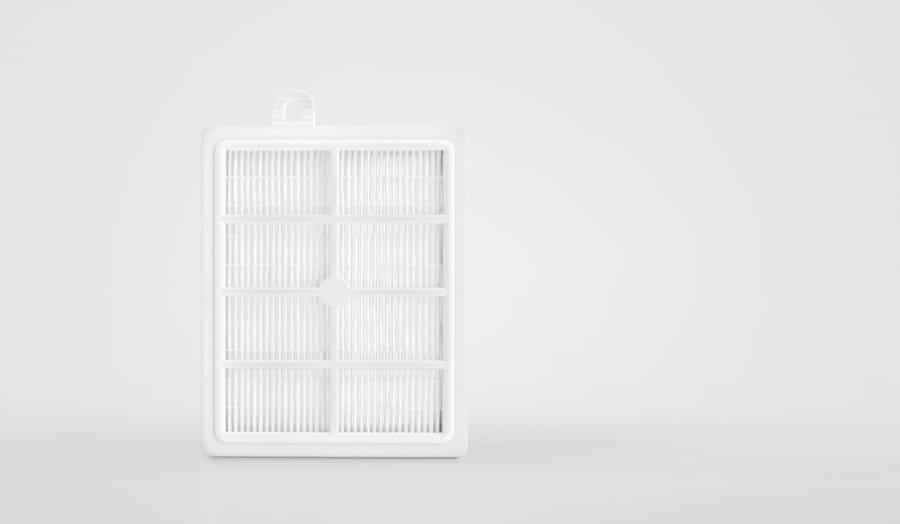Your home’s central heating system contains a furnace that helps keep the rooms warm during the colder seasons. Regardless of how the furnace works, whether using electricity or natural gas, it must have a filter to trap airborne particles and contaminants. The filter also protects the blower fan from debris and dust that the return air duct pulls in.

How to Choose a Furnace Air Filter
When choosing a furnace air filter, there are certain things you need to keep in mind to keep you away from repairing your furnace. Below, we’ve rounded up the three most important factors to look out for.
Consider the MERV Ratings and Filter Quality
A furnace filter’s quality rating is often measured using its Minimum Efficiency Reporting Value or MERV. This value tells more about the filter’s airflow efficiency, how well it filters the tiny air particles, and how long the filter lasts before it can be replaced.
According to the US Environmental Protection Agency (EPA), MERV rating can be used to determine the filter’s ability to capture air particles in a size range of 0.3 to 10 microns (µm.)
The higher the MERV rating, the better the filter and the smaller the particles it can trap. The lowest MERV rating value is 1. FIlters in this category trap larger particles (10 µm), while the highest rated filters have a MERV rating of 16. The latter can capture particles of size 0.3 to 1.0 µm and are often used in hospitals, labs, and other commercial applications.
Check the Filter Size and Dimensions
The size of the furnace air filter will often depend on the design of your furnace. To match the dimensions, you should refer to the furnace manual for the recommended filter size or check the existing filter size before replacement.
If you can’t find the exact filter replacement in the market, you can go for a custom filter. Just like we have custom air filters for the AC units, you’ll also find a filter that can be customized to fit your home furnace. Remember, if the filter doesn’t fit into the furnace properly, it won’t keep contaminants out of your HVAC system. Always pay attention to the filter dimensions and feel free to round up the obtained values to the nearest whole numbers.
Pick an Ideal Filter Type to Suit Your Needs
The right choice of filter for your furnace depends on your unique needs. If you want a high-quality filter that’s highly efficient and long-lasting, you’ll go for a pleated air filter or a HEPA air filter. The main difference between the many filter types is the medium used to make the filter.
Common types are fiberglass and pleated air filters. Fiberglass models are made of fiberglass supported by a metallic frame. They are cheap but are less effective and not quite durable. The pleated types are made of cotton or polyester material, and while they are durable and effective, they come with significant airflow resistance. However, the best-pleated filters are designed to trap smaller particles without compromising airflow.
Other filter types include electrostatic filters, activated carbon filters, UV filters, and HEPA air filters. Choosing your ideal type from the many furnace filters in the market requires some deep research.
Endnote – Furnace Air Filter
When carrying out home appliance maintenance and replacement. Always pay attention to the furnace air filter as much as you do to the AC unit’s filters and coils. Regular inspection once every month or two is enough to keep your furnace working optimally and free from efficiency issues or unexpected breakdowns.
